Visit at Microsoft Research Lab – India
15 Nov 2023Today I had the pleasure of visiting Microsoft Research in Bengaluru, India. Thank you for having me Sunayana Sitaram and Kalika Bali! 😊 👋
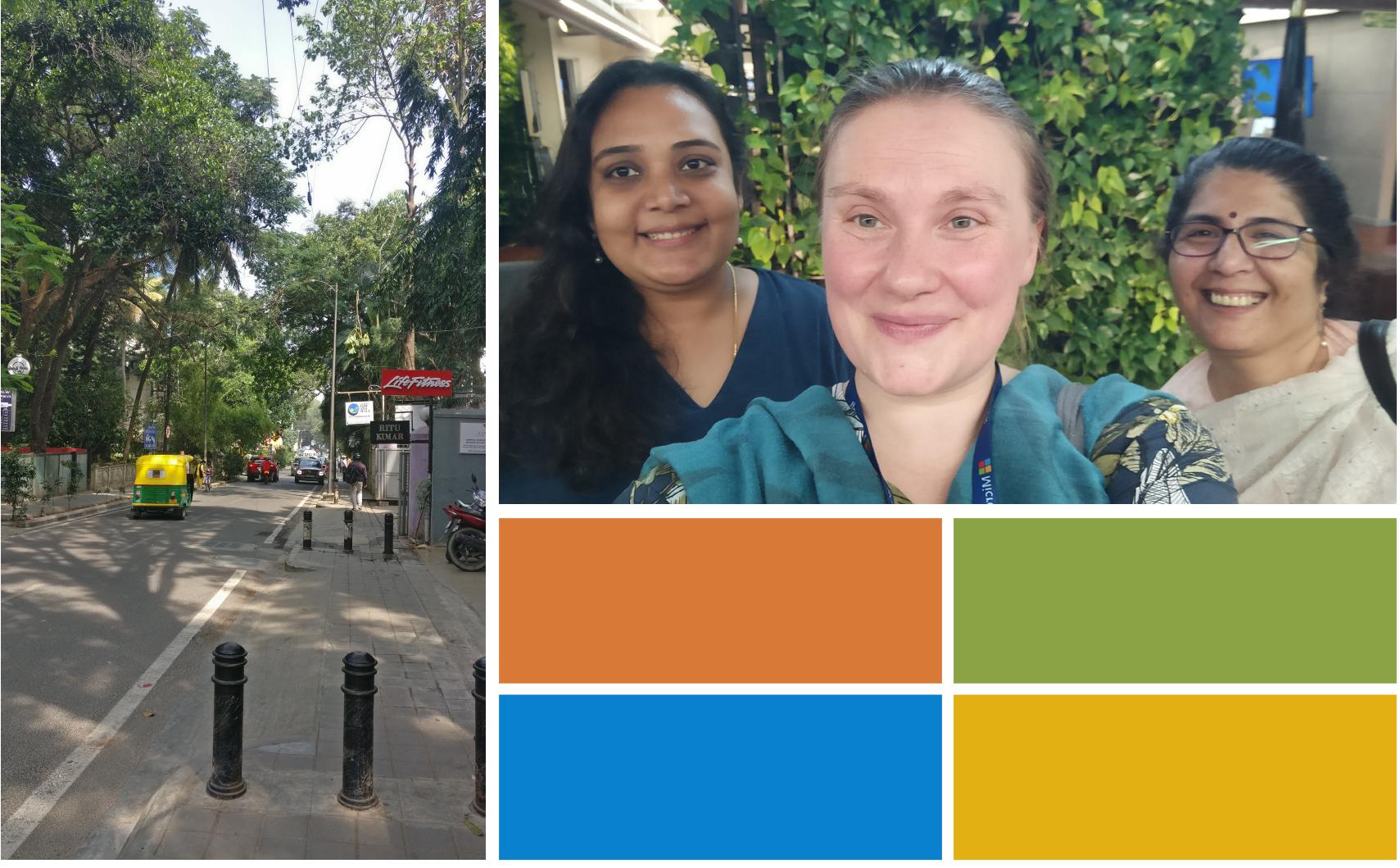
Today I had the pleasure of visiting Microsoft Research in Bengaluru, India. Thank you for having me Sunayana Sitaram and Kalika Bali! 😊 👋

Happy to share that I am starting a new postdoc position at the School of Computer Science of University College Dublin. I will work on querying speech embeddings for phonetic information with Prof. Julie Carson-Berndsen and her group. The position is affiliated with ADAPT, SFI’s Research Centre for AI-driven Digital Content Technology, which has the following partner institutions: Trinity College Dublin, Dublin City University, University College Dublin, Munster Technological University, Technological University Dublin, Technological University of the Shannon: Midlands Midwest, Maynooth University, and National University of Ireland, Galway.
I was happy to support the ADAPT ExploreAI exhibition in the Douglas Hyde Gallery at Trinity College Dublin tonight. In the context of the European Researchers’ Night, ADAPT researchers showcased cutting edge research on artificial intelligence (AI). I represented the ADAPT Gender, Equality, Diversity and Inclusion (GEDI) committee helping to make sure that the event was accessible to all.
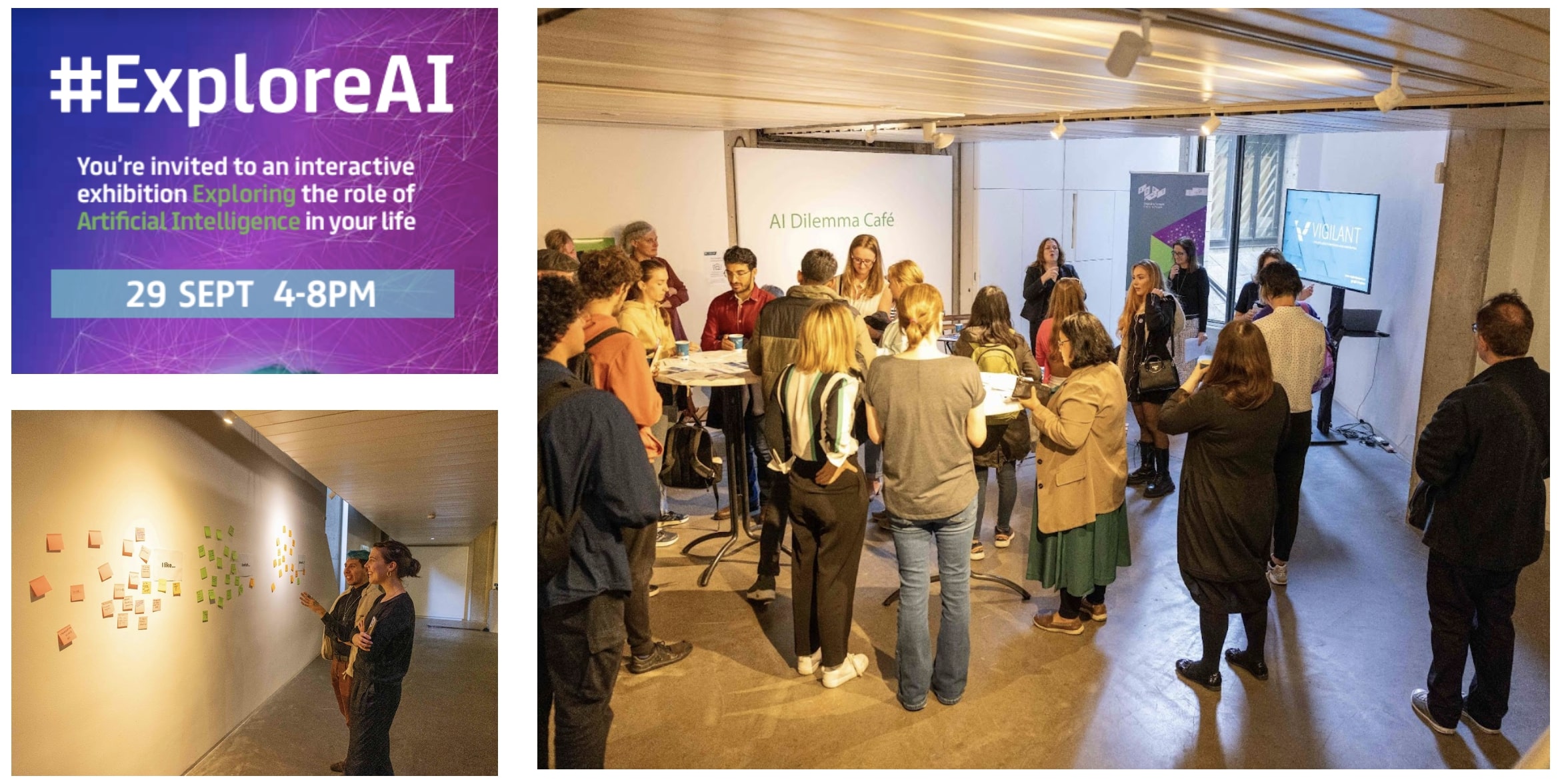
Another whirlwind week of Interspeech is behind us! 🌪️ For the first time, the conference took place right on my doorstep, at the Convention Centre in Dublin!
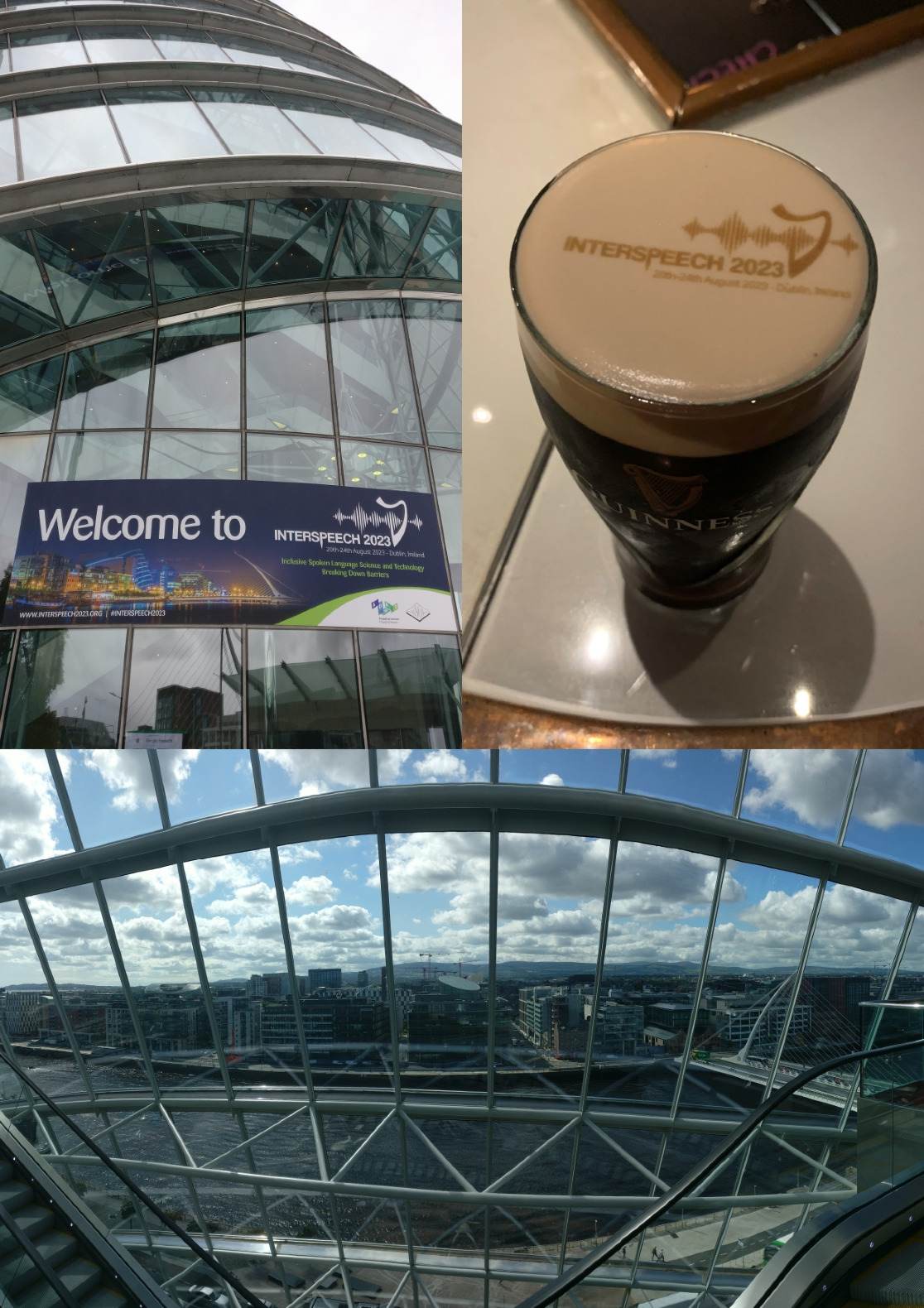
I presented our recent work on Cross-linguistic Emotion Perception in Human and TTS Voices in collaboration with Michelle Cohn (UC Davis, USA), Benjamin R. Cowan (University College Dublin, Ireland), Georgia Zellou (UC Davis, USA), and Bernd Möbius (Saarland University, Germany). I also co-chaired a session on Health-Related Speech Analysis with Corinne Fredouille (University of Avignon, France). An absolute pleasure to learn more about this area!
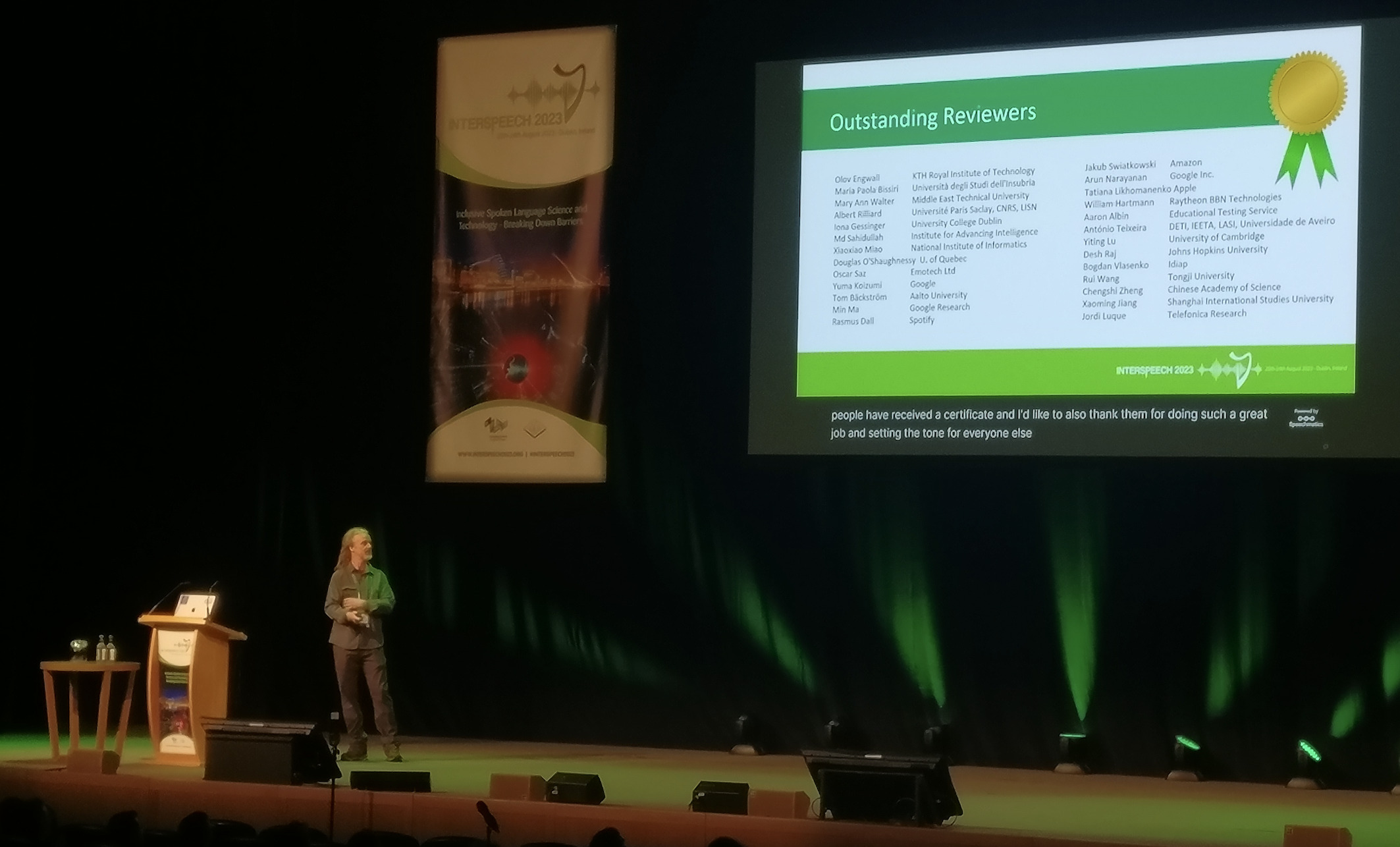
Very happy as well to have been recognized as an Outstanding Reviewer by the TPC chairs of the conference! 😍
It was such a pleasure to welcome 16 highly motivated female Bachelor’s and Master’s students from nine countries (USA, India, China, Portugal, Finland, Germany, UK, the Netherlands, and Switzerland) to this year’s edition of the Young Female Researchers in Speech Workshop (YFRSW) at Trinity College Dublin!
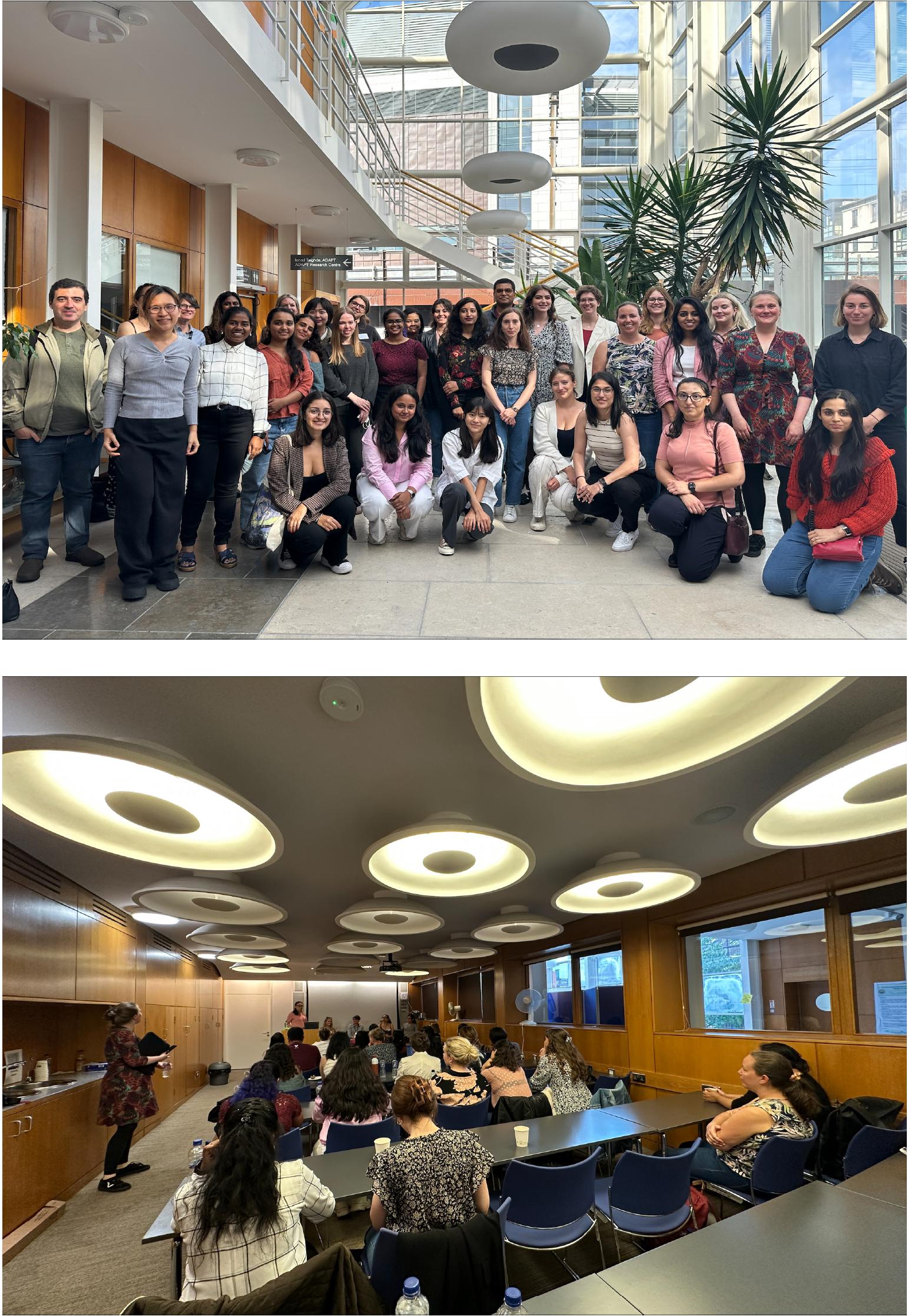
A big thank you to my co-chairs Leda Sari (Meta AI, USA) and Jennifer Williams (University of Southampton, UK), as well as all members of the organizing committee: Ayushi Pandey (Trinity College Dublin, Ireland), Johannah O’Mahony (University of Edinburgh, UK), Pamir Gogoi (Living Tongues Institute of Endangered Languages, USA), and Sarenne Wallbridge (University of Edinburgh, UK)! 💚 🤍 🧡
YFRSW 2023 received overwhelming positive feedback by its attendees and we are looking forward to organizing the event again next year, as a satellite to Interspeech 2024 in Jerusalem! 🇮🇱